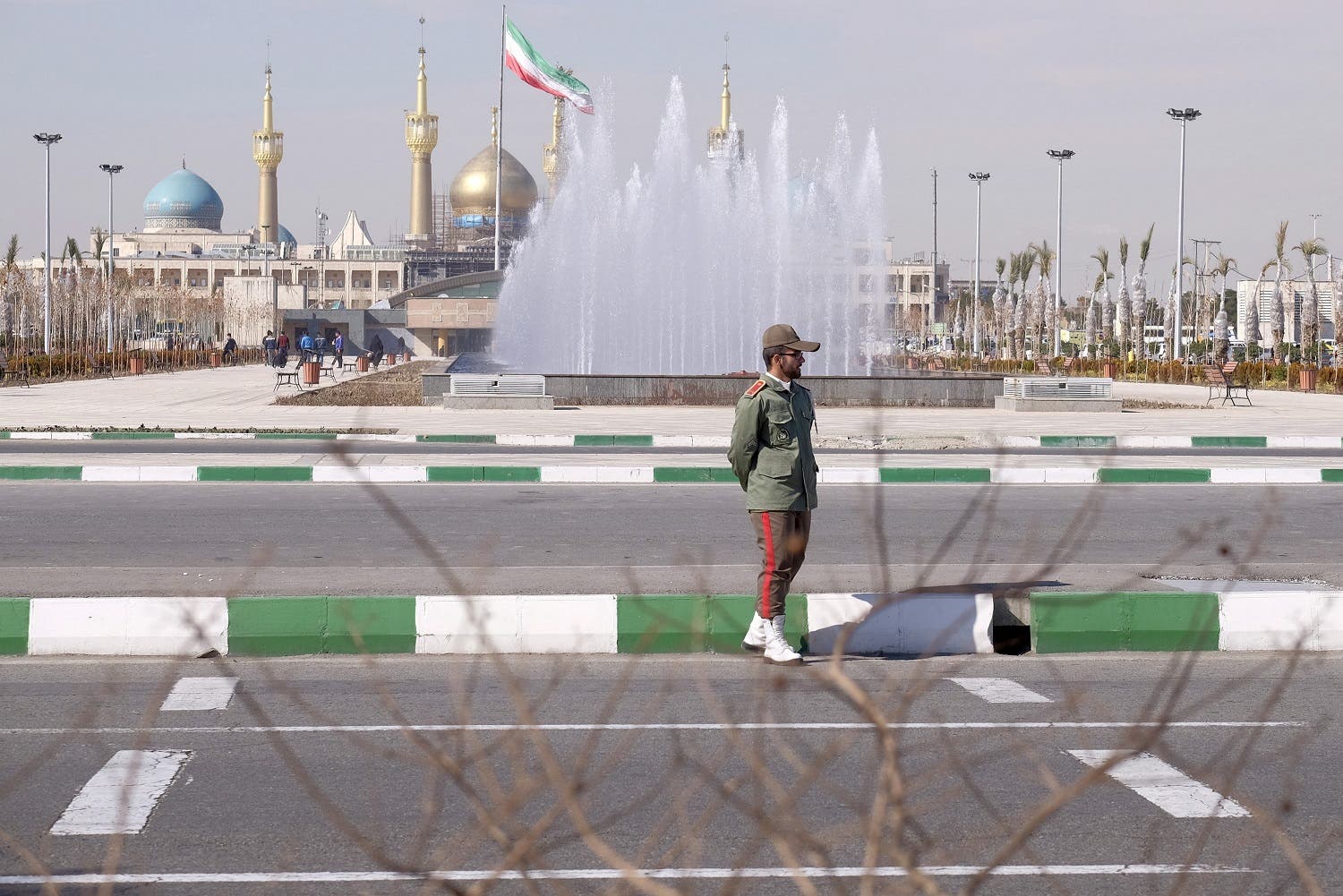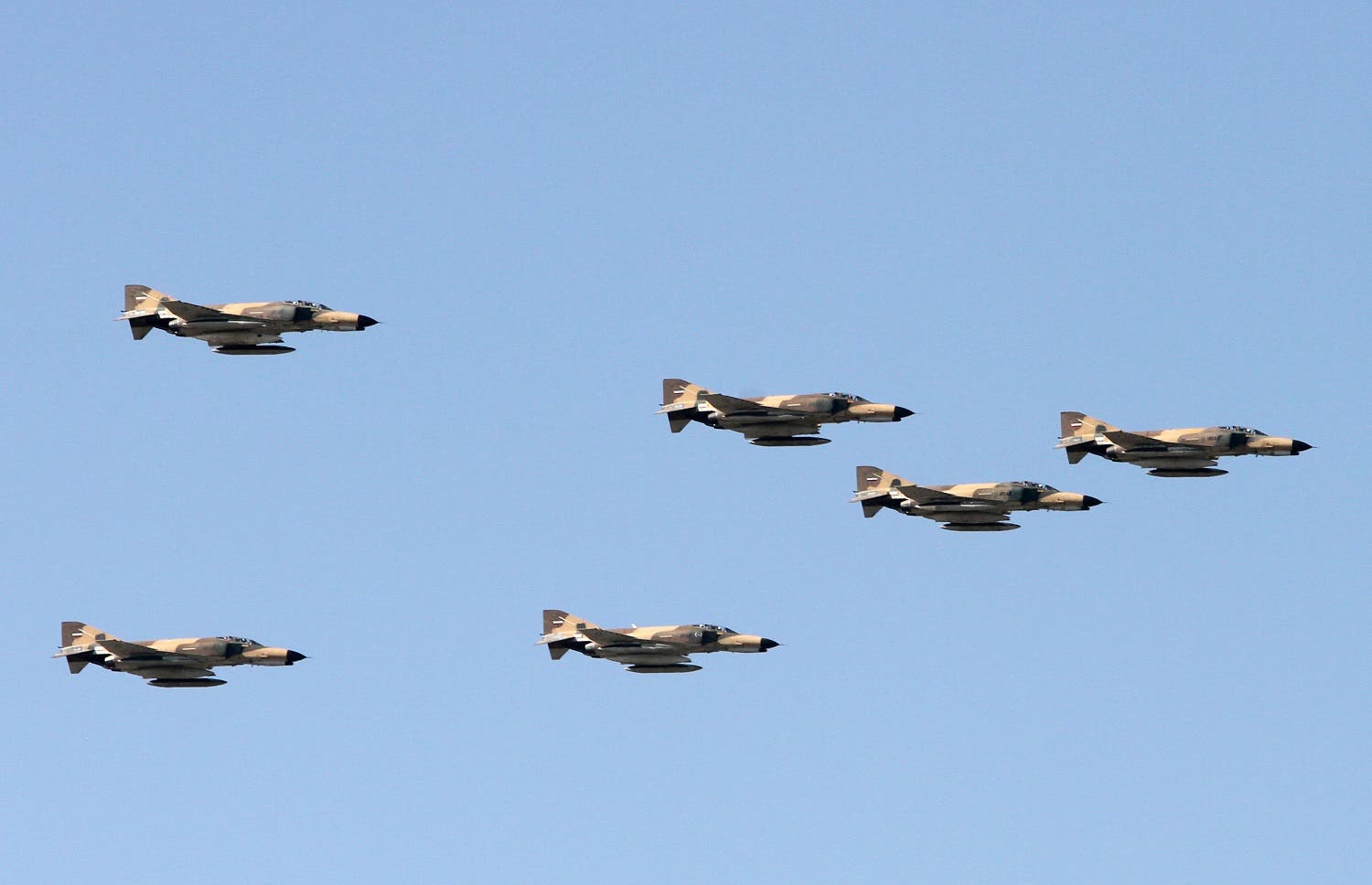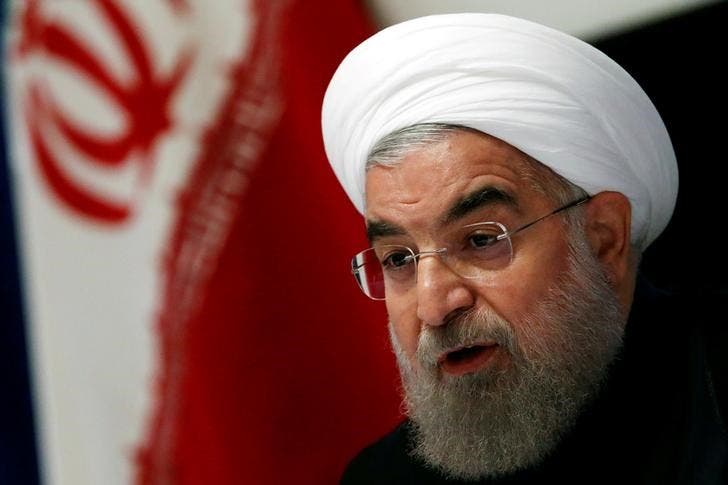There is no doubt that the Middle East is in turmoil like never before. And this is highly due to the disastrous engagement/lead-from-behind policy adopted by the Obama administration, despite its claim it sought to lessen tensions.
Iran is taking advantage by expanding its sphere of influence through proxy groups in Iraq, propping the Assad regime in Syria by dispatching a conglomerate of militia shock troops and fueling the Yemen war by providing arms, money and logistical support to the Houthis. However, the days of Iran’s advances are numbered.
As the Trump administration continues to place its crosshairs on ISIS in Syria, Tehran is busy in a land-grab campaign, already thinking about the post-ISIS Levant. Iran has also through the years ordered its offspring, Lebanese Hezbollah, to dispatch thousands of its members to Syria.
— US fighter jets targeting Iran-backed militias nearing a base of America-backed forces in al-Tanf on the Syria-Iraq border,
— US warplanes shooting down two Iranian-made drones and a Syrian Sukho-22 jet targeting allied Kurdish forces on the ground,
— Iran launching medium-range ballistic missiles from its soil to Deir Ezzur in eastern Syria.
The most recent White House warning to Assad not to resort to a chemical attack raised the temperature even higher. It is obvious Assad would need permission from Iran and Russia for such a move. Thus Washington was sending an “on notice” message to Damascus, Tehran and Moscow.
Iran’s objective is clear: establishing a land corridor passing through Iraq, Syria and Lebanon, and reaching the Mediterranean shores. On both sides of the Syria-Iraq border, Tehran has militia proxies seeking to push ISIS out of the region and prevent any US-backed forces, be it the Kurds and Sunni Arabs advancing upon Raqqa, or the Free Syrian Army in the southeast, from gaining any further foothold in Syria after the fall of ISIS.
Iran seeks full control over the Syria-Iraq-Jordan borders and will not tolerate any US presence in the area. Iran has also ordered Hezbollah to stretch its activities to Daraa in southern Syria close to the Israeli border.
While the Trump administration has taken unprecedented military action to protect its interests, White House statements explaining US-led coalition forces do “not seek to fight” Iran-backed forces will be viewed by Tehran as a window of opportunity to continue their belligerence in a highly-hostile flashpoint area.
And while we are here, Russia declaring a freeze on deconfliction agreements with the US is nothing but a bluff considering the fact that Moscow has already accomplished more than its expectations in Syria: fortifying a naval and air base, and establishing a major foothold in the Middle East after decades of absence.
It is high time for Washington to begin defining and taking steps in the direction of its broader post-ISIS Middle East policy. It is imperative to understand Iran’s threats will only further increase and the end of ISIS will not mean the end of violence or Tehran’s destructive meddling.
Iran’s actions in Iraq after 2003 should provide a very disturbing vision. Tehran dispatched its mullahs and flooded the country with money to launch “cultural centers.” This was the beginning of Iran spreading its tentacles and injecting its disparaging mentality to fuel sectarian wars that continue to haunt Iraq and wreak havoc in the country.
Shiite militias have been harassing the Sunni minority for over a decade as Tehran seeks to change the complete social fabric of Mesopotamia. The Popular Mobilization Forces (PMF), known as the Hashid al-Sha’bi in Arabic, are a replica of the mullahs’ Islamic Revolutionary Guard Corps (IRGC), and Iran’s influence in Iraq has reached the point of this entity being legalized by the Iraqi Parliament.
As ISIS routed the classic Iraqi army thanks to the disastrous policies of former Iraqi Prime Minister Nouri al-Maliki, Iran began justifying PMF presence in battles for Falluja, Ramadi, Salahaddin, Tikrit and now Mosul.
Firstly, it is a dire necessity for the US and its regional allies, including Saudi Arabia, Turkey and all Gulf Cooperation Council states, to quickly remedy the Qatar crisis and prevent Iran from taking advantage of such a rift.
Secondly, as ISIS is being eradicated, all attention must be focused on Iran and its devastating meddling in the region. One very imperative measure to curb Iran’s influence and bring an end to its reach across the region is for the US, European Union and Arab nations to designate the IRGC as a foreign terrorist organization.
Finally, Sunni Arab states should be involved in rebuilding the devastated lands of Iraq, Syria and Yemen to prevent Iran from again taking advantage of such an initiative for its deceptive objectives.
Iran must come to learn that the days of meddling in the region without paying the price are over.


 An Iranian soldier stands guard in front of the shrine of Ayatollah Ruhollah Khomeini in Behesht Zahra cemetery, south of Tehran February 1, 2016. (Reuters)
An Iranian soldier stands guard in front of the shrine of Ayatollah Ruhollah Khomeini in Behesht Zahra cemetery, south of Tehran February 1, 2016. (Reuters)
 Iranian air force’s US-made F-4 Phantom fighter jets perform during a parade on the occasion of the country’s Army Day, on April 18, 2017, in Tehran. (AFP)
Iranian air force’s US-made F-4 Phantom fighter jets perform during a parade on the occasion of the country’s Army Day, on April 18, 2017, in Tehran. (AFP)

 Although the terms used in the Arab Summit resolution falls of short of directly pinpointing the regime in Iran, it is quite obvious who the crosshairs were placed on. (Reuters)
Although the terms used in the Arab Summit resolution falls of short of directly pinpointing the regime in Iran, it is quite obvious who the crosshairs were placed on. (Reuters)